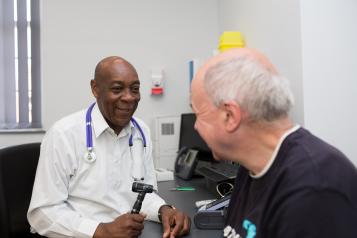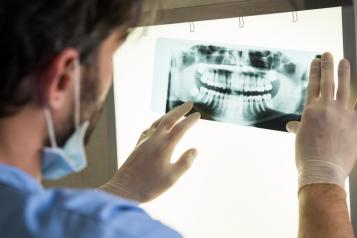How do I know if I have an eating disorder?

What is an eating disorder?
An eating disorder is a mental health condition where you use the control of food to cope with feelings and other situations.
Unhealthy eating behaviours may include eating too much, or too little or worrying about your weight or body shape. Anyone can get an eating disorder, but teenagers between 13 and 17 are most affected.
Eating Disorders Awareness Week, which runs from the 27th of February to the 5th of March brings attention to the 1.25 million people in the UK that suffer from these illnesses, many in secret.
Who could have an eating disorder?
Driven by eating disorders charity Beat, this year they are highlighting that those affected are from all ages, genders and backgrounds – check out their video click here.
What does an eating disorder look like?
There are several types of eating disorders. The most common of these are:
-
Anorexia nervosa: trying to control your weight by not eating enough food, exercising too much, or doing both.
-
Bulimia: losing control over how much you eat and then taking drastic action to not put on weight.
-
Binge eating disorder (BED): eating large portions of food until you feel comfortably full.
What are signs that I (or someone you know) may have an eating disorder?
Symptoms of eating disorders include:
-
Spending a lot of time worrying about your weight and body shape
-
Avoiding socialising when you think food will be involved.
-
Eating very little food
-
Making yourself sick or taking laxatives after you eat
-
Exercising too much
-
Having very strict habits or routines around food
-
Changes in your mood such as being withdrawn, anxious or depressed
You may also notice physical signs including:
-
Feeling cold, tired or dizzy
-
Pains, tingling or numbness in your arms and legs (poor circulation)
-
Feeling your heart racing, fainting or feeling faint
-
Problems with your digestion, such as bloating, constipation or diarrhoea
-
Your weight being very high or very low for someone of your age and height
-
Not getting your period or other delayed signs of puberty
What can I do if I am worried someone has an eating disorder?
It can be very difficult to identify that a loved one or friend has developed an eating disorder.
The most common warning signs to look out for include:
-
Dramatic weight loss
-
Lying about how much they’ve eaten, when they’ve eaten, or their weight
-
Eating a lot of food very fast
-
Going to the bathroom a lot after eating
-
Exercising a lot
-
Avoiding eating with others
-
Cutting food into small pieces or eating very slowly
-
Wearing loose or baggy clothes to hide their weight loss
Where to get help?
If you think you may have an eating disorder, see your GP as soon as you can. They may refer you to an eating disorder specialist or team of specialists.
You can also talk in confidence to an adviser from eating disorders charity Beat by calling their adult helpline on: 0808 801 0677 or their youth helpline on: 0808 801 0711
Had experiences with an eating disorder? Sharing your experience may help others receive the care they need.
Tell your story


